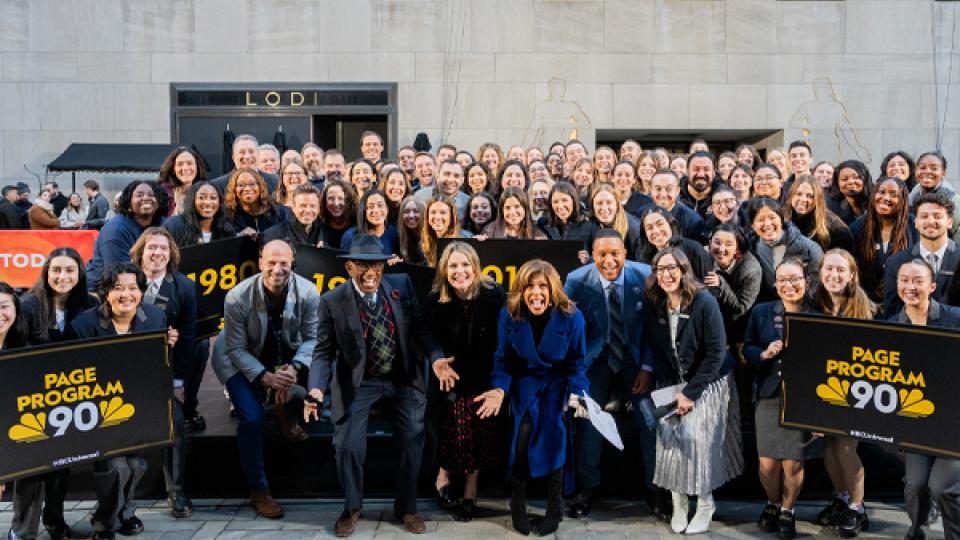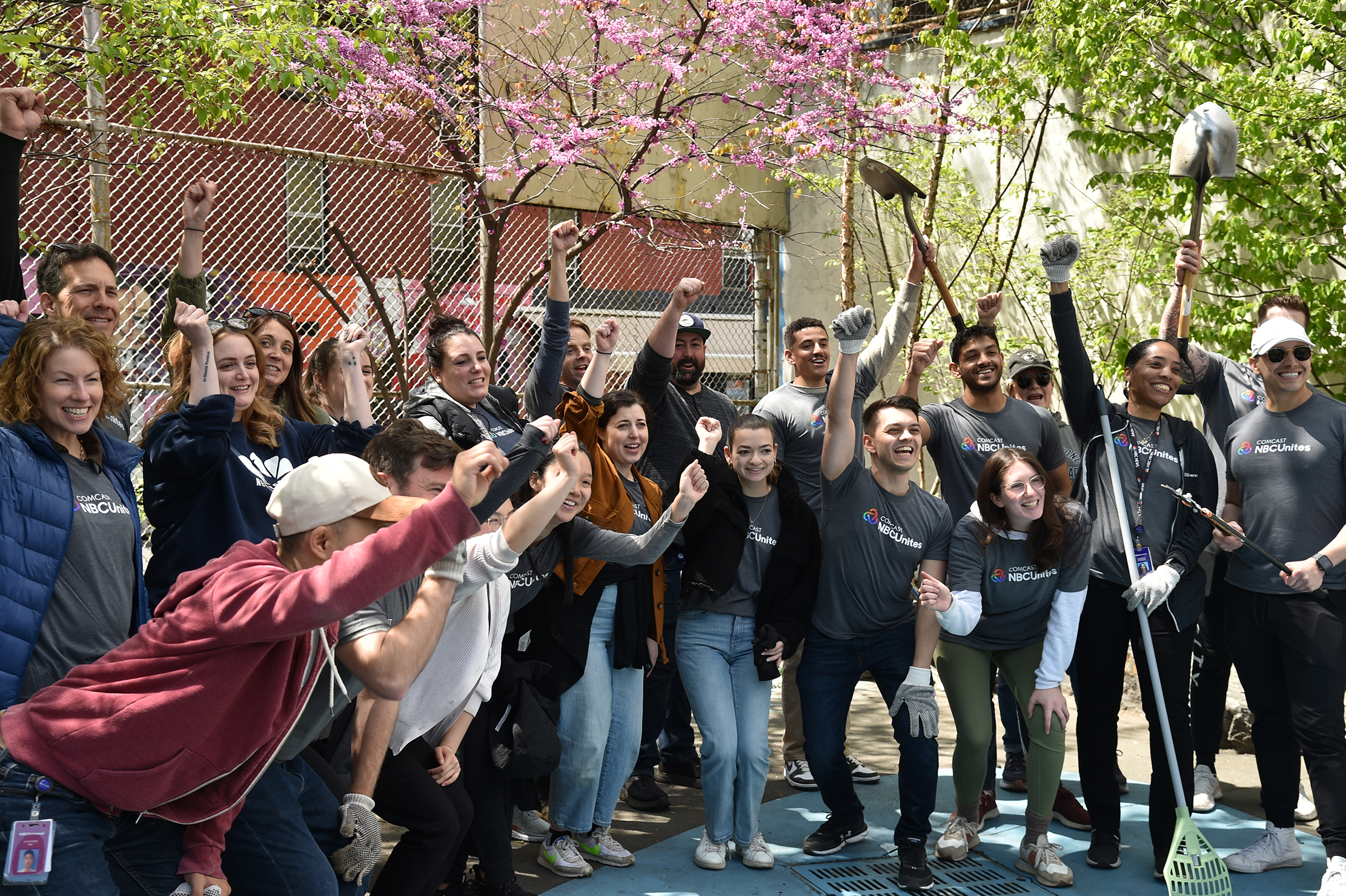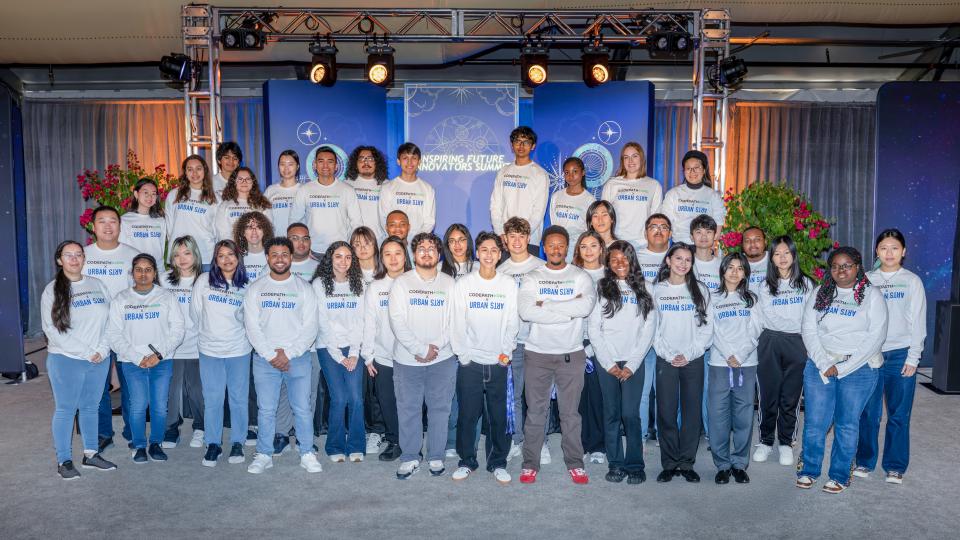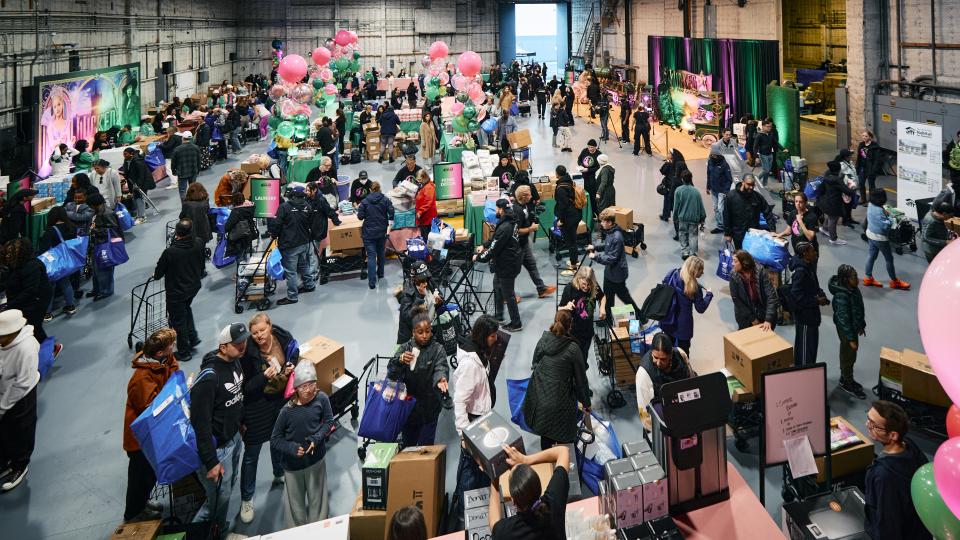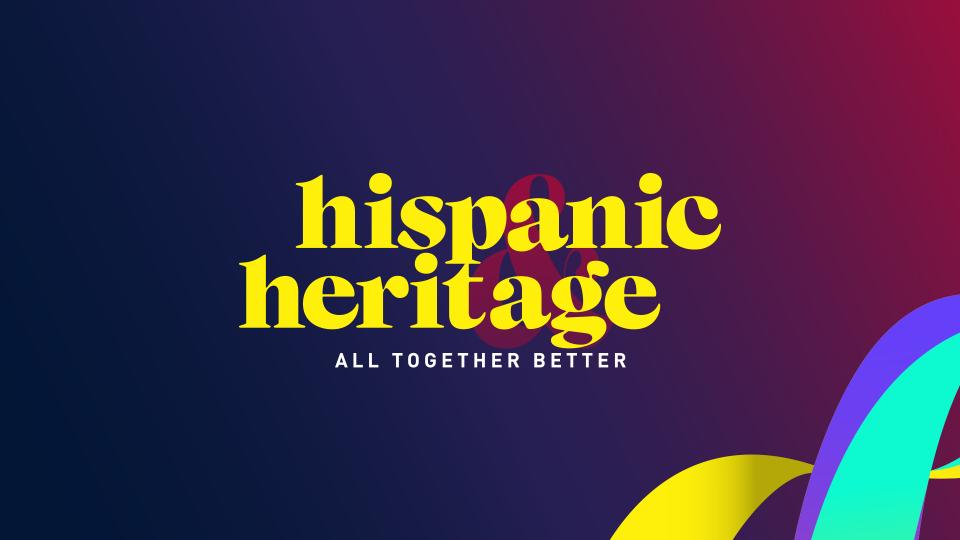Comcast NBCUniversal's Impact By the Numbers
25,000
Employees volunteered through programs such as the Comcast NBCUnites Ambassador Program
$6M
Annually donated through the Comcast NBCUniversal Matching Gift Program
30%
Reduction in enterprise emissions since 2019

Social Impact and Inclusion
We aim to give back to our local communities, and champion an inclusive and respectful culture.
Workforce Development
We seek to expand access to our industry and provide opportunities for individuals interested in pursuing careers in media and entertainment.
